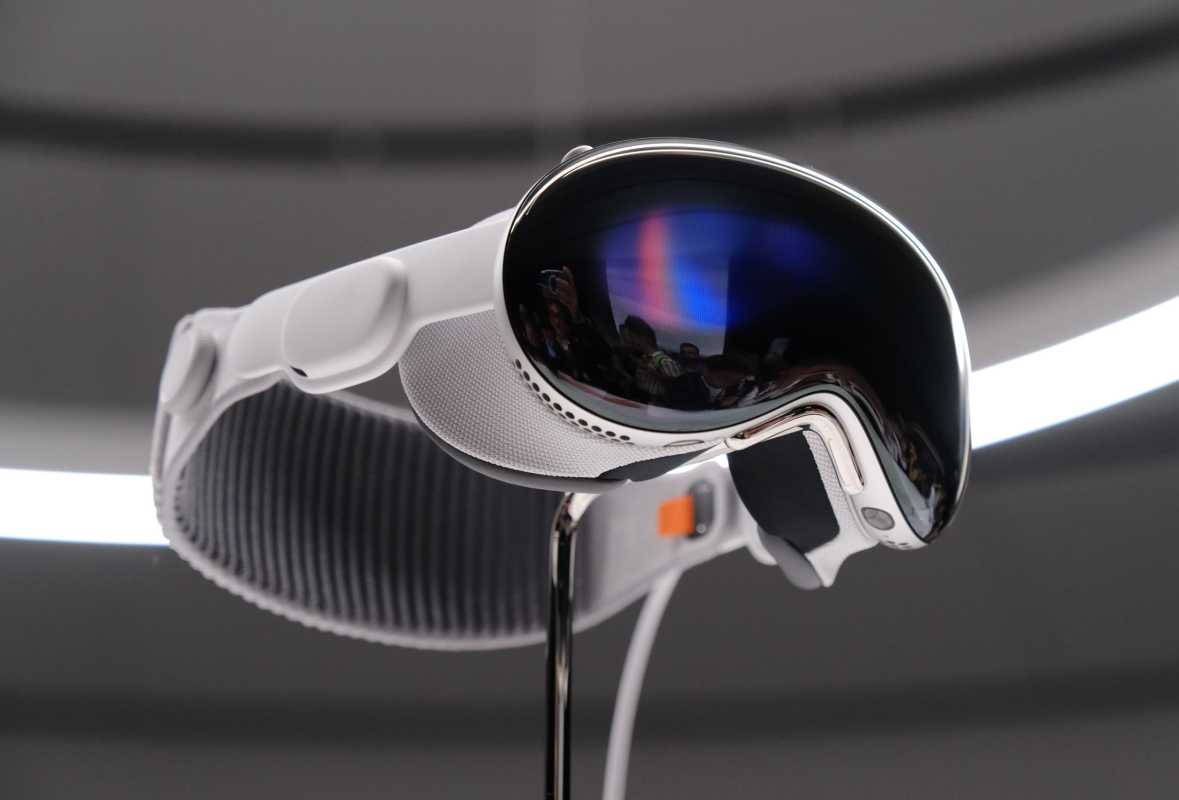Tech
Apple’s Vision Pro Raises Privacy Concerns as New Data Collection Device

Apple is set to release its latest innovation – the Vision Pro headset – which has raised concerns about privacy and data collection. The Vision Pro is a high-tech device that uses multiple sensors and cameras to track both the user and their surroundings in three dimensions. While Apple has taken some steps to restrict data collection, privacy experts believe that the device has the potential to collect more data than any other personal device on the market.
Privacy researchers have flagged several concerns related to the Vision Pro. First, there is the issue of who has access to the maps and data collected by these devices. While Apple has limited access to some of this data, developers will likely push for more access in order to create engaging and immersive experiences for users.
Furthermore, there is the risk of data misuse. The Vision Pro collects detailed information about its user’s surroundings, creating a map of the space in which they are situated. This data reveals much more than just a photograph of the space; it can reveal personal information such as the user’s socio-economic status, living conditions, and even personal preferences or habits. This information could be valuable to advertisers, data brokers, and even governments.
Apple has taken steps to address some privacy concerns. For example, the Vision Pro has an indicator that shows when it is shooting a photo or video, aiming to combat covert recording. Apple has also restricted third-party apps from accessing the camera to capture photos and videos, which would prevent facial recognition algorithms from being run without consent.
However, privacy researchers argue that the real concern lies in the data beyond just photographs. The Vision Pro collects data about how users are moving and what they are looking at. This data can provide significant insights into a person’s unique identification, emotions, characteristics, behaviors, and desires. Apple has not disclosed how it plans to vet the apps that have access to this data or how it will ensure responsible and privacy-preserving practices.
The Vision Pro presents new challenges in terms of privacy, and experts are questioning whether society should fully embrace virtual and augmented reality technologies without first implementing strong privacy legislation. While Apple is known for its commitment to privacy, the potential risks associated with the Vision Pro warrant careful consideration.












